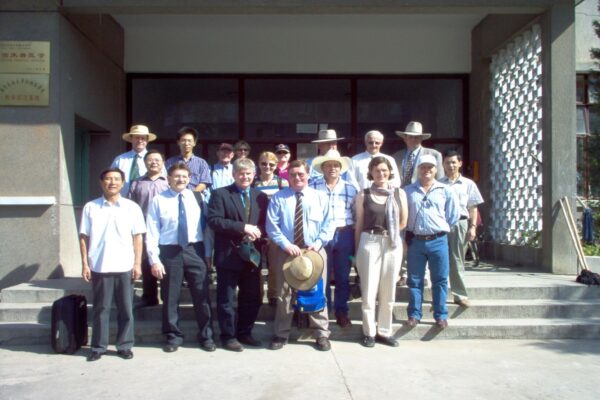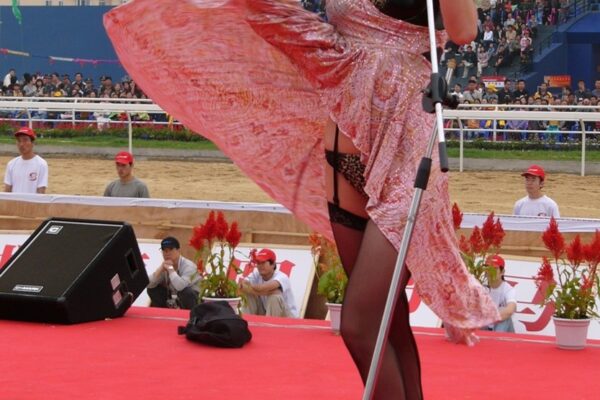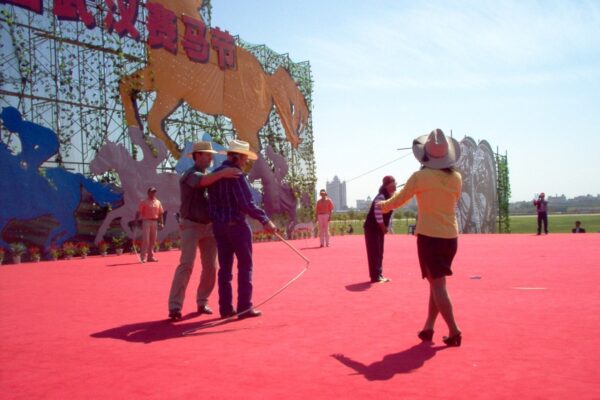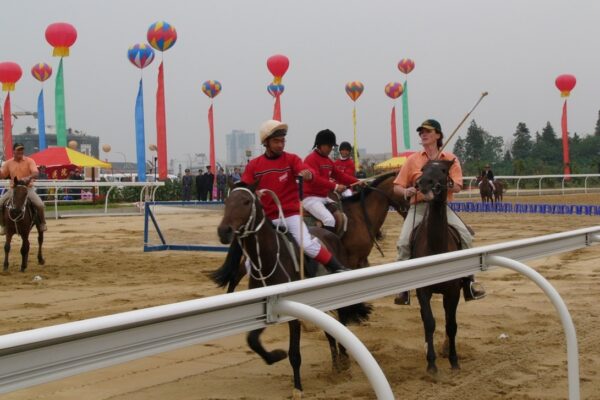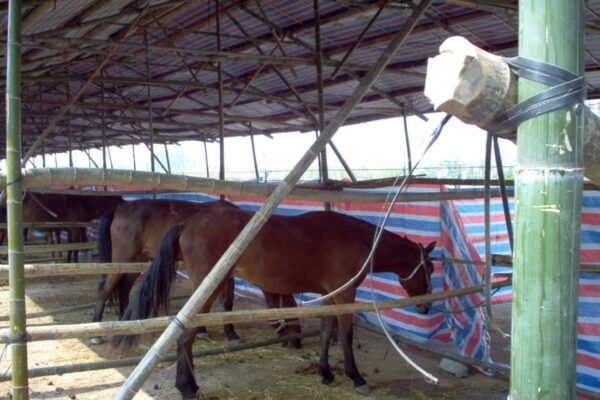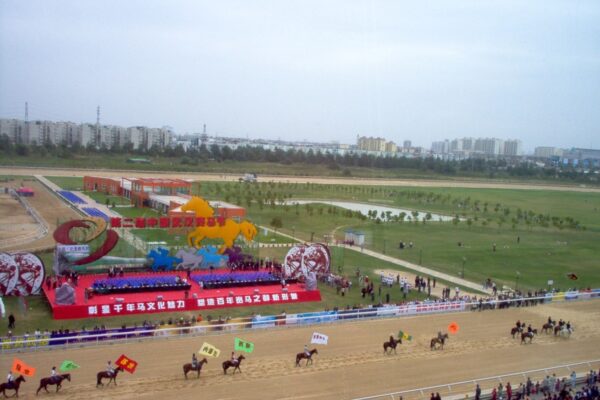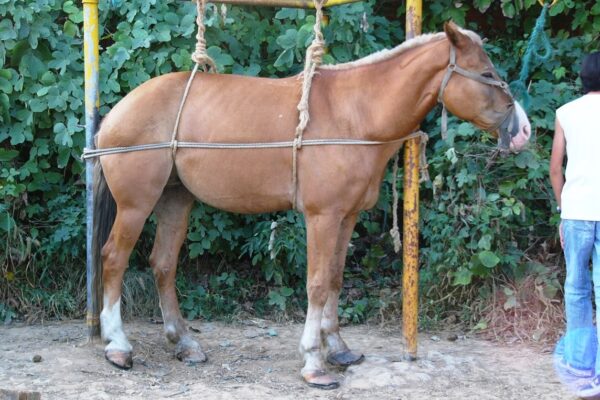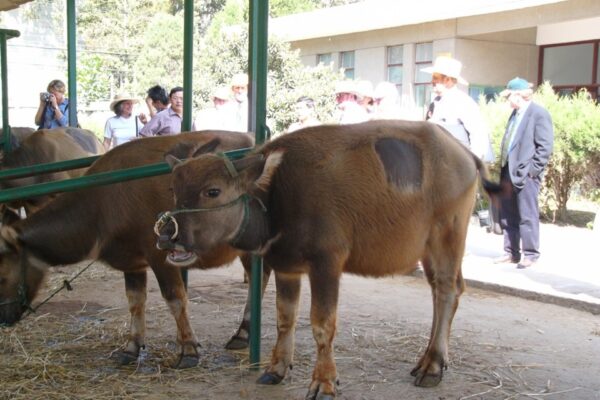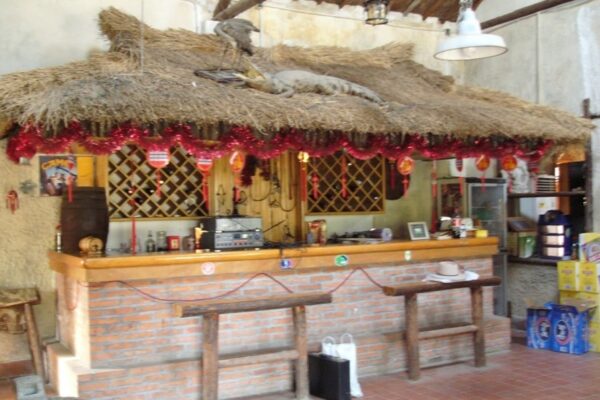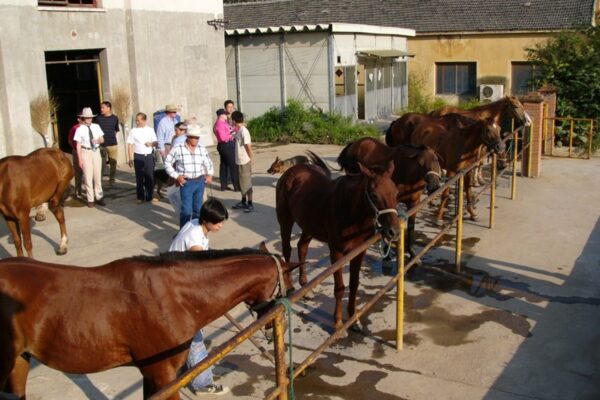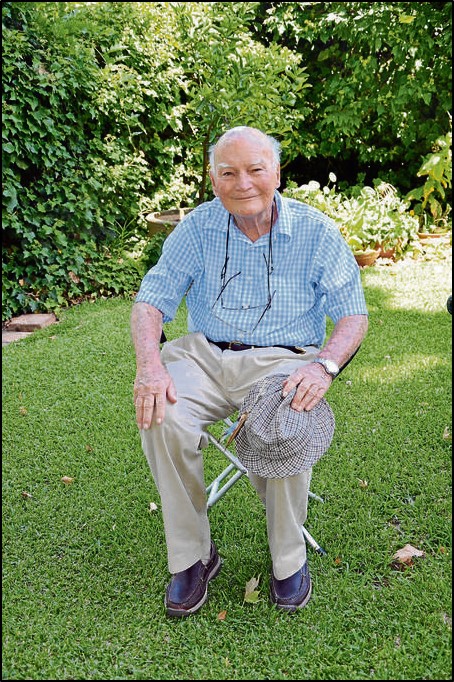Devoted country doctor
See also: https://sconevetdynasty.com.au/erudite-medical-trifecta/
By Caitlin Andrews
Jan. 22, 2015, 10:49 a.m.
Communities can’t function without dedicated people and it takes all kinds to build an efficient society, but one of the most important people in a rural town is the local doctor.
Dr William Paradice at home at ‘Yarramoor’, just out of Scone – the town he has served with his professional medical skills for many decades.
Attending call outs at 2am in the morning, working every second night and weekend for two years, delivering babies and treating emergencies are just some of the key roles the local doc experiences, but to one of Scone’s greats, Dr William John Paradice, this was all just part of him doing the job he loves.
Dr Paradice is a well-known general practitioner who served the Scone and Upper Hunter community for many decades and although he has now officially retired as a doctor, he is still a part of the local community.
The grandfather of 17 believes that the fact that three of his six grown children have moved back with their children and made their home in the district, is true testament of such a wonderful community.
An interesting man with a passion and pride that stems right from his childhood, Dr Paradice has worked hard his entire life to provide the rural community of Scone with a full provision of medical services.
He has seen a lot of changes – from technological and organisational structures to changes in Medicare and training, however Dr Paradice still believes the older style of medicine has much value that cannot be underestimated.
From starting off life experiencing what was shaping up to be a little unfortunate beginnings, Dr Paradice was fortunate to have many opportunities.
It all started like this:
The 88-year-old gentleman’s mother was a Scot who migrated to Australia in 1920 with her family.
Five years later she married William (Jack) Paradice who was a surgeon in the Royal Australian Navy and a year later, in 1926, they had their first of two children – a son – William John.
In 1927 when Dr Paradice was just 17-months-old and his mother was pregnant with his sister, his father was killed in a collision at sea.
Thank goodness Mrs Paradice’s Scottish family adopted them and they lived together for the next 26 years during which time both children were raised and educated well while living at Bellevue Hill in Sydney.
Dr Paradice said what looked like an unfortunate start turned out to be excellent and he feels he owes everything to his Scottish grandparents.
As a young boy, Dr Paradice was educated at Cranbrook School and then The Kings School, starting a family tradition as three generations of the Paradice family have now been educated at Kings.
In 1944, Dr Paradice and some of his peers quickly finished their Leaving Certificate, just in time to enlist in the Navy, as the young 18-year-old had a dream to follow in his father and uncle’s footsteps and serve in the Navy before beginning his own medical studies.
Dressed in his Navy uniform and fresh as a button, the sub lieutenant’s first role was on the HMAS Warnbool, a mine sweeper sweeping the east coast of Australia, New Guinea, New Britain and the Solomon Islands.
Later the ship was the only vessel to hit a mine and sink, however luckily this was after Dr Paradice disembarked.
After some time on the mine sweeper he was transferred as an executive officer to a smaller ship which carried out mine destruction on the coast of Bougainville in the Solomon Islands, which he said was a more dangerous role.
In 1947, the young man was discharged from the Navy and was able to start his medical studies straight away at Sydney University, continuing on the Naval Reserve for several years.
Reflecting on his Navy days, Dr Paradice said he believes it is the best thing a boy can do.
“Put them in the Navy for three or four years – it’s a good way to turn a boy into a man,” he said.
“I enjoyed my time in the Navy and I was offered a permanent appointment, but I wanted to pursue other endeavours.
“It was a wonderful experience, the most interesting part was in my last year when we were destroying the mines and we had to almost live off the land and sea by eating fish, chickens from the villages and trading chewing tobacco for fresh fruit and vegetables.
“This was caused by the industrial issues and troubles loading the supply ships back in Sydney.”
Dr Paradice was 21-years-old when he started his six year medical studies and in his final year he married his beautiful wife Bobbie – a woman from Young.
The year after, 1953, the couple started their young family when their first son was born.
This was the same year the doctor graduated, but he decided to spend the next three years continuing his education in order to provide all the services necessary as a rural general practitioner, such as obstetrics, paediatrics, pathology and anaesthesia.
Dr Paradice said he thought this was the best way to prepare to practice in a rural community.
“One of the reasons I wanted to practice in a rural community was because I had completed a series of medical locums in Sydney during my studies and didn’t find life satisfactory.
“When you got a patient into the hospital in Sydney you lost contact with that patient and I wanted continuous contact with my patients and their families, which is more available in the country,” he said.
The pathway to Scone was actually established when Dr Paradice was sitting paediatric and obstetric examinations in England in 1956, and he met Dr David Warden who had been the assistant at a practice in Scone.
“Dr Warden advised me to contact the practice, so when I flew back into Sydney at the start of 1957, I made contact and was very happy to join Dr Pye, Dr Barton and Dr Warden in Scone in a most successful partnership that lasted for about 30 years,” Dr Paradice said.
“I am very proud of the fact that our partnership was one of the longest lasting partnerships in the country,” he said.
In those days the doctors had many more duties, which Dr Paradice cherished, as they operated a blood donor service where they carried out the whole process from bleeding the donors to cross matching with the donor and transfusing the blood.
Another favourite was the incredible visits to Belltrees, Ellerston and Timor Station to provide their medical services.
Dr Paradice was appointed as the Government Medical Officer which unfortunately required him to carry out the unpleasant jobs such as post mortems.
He said he still remembers his worst experience in medicine when he had to carry out a post mortem on an old ‘rabbitah’ who had died in a hut in the bush after poisoning himself, and wasn’t found for several days.
Dr Paradice had a close working relationship with the nurses at the time and was involved in nurses training when it was available at the hospital.
Before the maternity unit was established he and the other doctors would work with Sister Tuite and Sister McClintoch at Brancaster Hospital, which was the maternity and nursing home.
“One of the most notable memories is when Glenbawn Dam was being constructed, the three of us doctors delivered 24 babies in one 24 hour period.
“They were mainly Italians who were associated with the workers at the dam,” Dr Paradice said.
“We had a wonderful service, the nurses were wonderful and the women on the phone exchange knew the doctor on duty and where they were at all times.
“I’d also like to acknowledge the wonderful ambulance service at the time, which was staffed by all local drivers.
“When I first moved to Scone I shared a room with Dr Warden at the Belmore Hotel and we had a special phone line set up directly to us,” he said.
Not long after, Dr Paradice started renting his home – ‘Yarramoor’ – off Sir Alistair McMullin and moved the family here, buying it two years later and they have lived there ever since.
Dr Paradice was on the Local Hospital Board and then the Local Area Board in Muswellbrook, as well as being an honorary life time member of the Australian Medical Association.
In 2004, Dr Paradice retired from seeing patients at the surgery, but he only gave up his registration for prescribing medications and ordering x-rays, pathology and specialist referral in September last year at the age of 87.
Dr Paradice said he couldn’t have found a better community, better practice or better nursing staff to work with.
“I’ve really enjoyed my career as a doctor.
“I went and did the job I liked to do, I didn’t do it for any reward,” Dr Paradice said.
“I have so many terrific memories, too many to fit in one article.”
Throughout the years, Dr Paradice was involved as an actor in the Scone Community Amateur Dramatics Society for many years and he is now a keen member of the Scone Australian Decorative and Fine Arts Society, and the Scone Bridge Club.
Always an active and healthy man, he enjoyed tennis and golf, but his big passion was sailing and during his busy practice life he owned a couple of sailing boats and sailed when possible.
